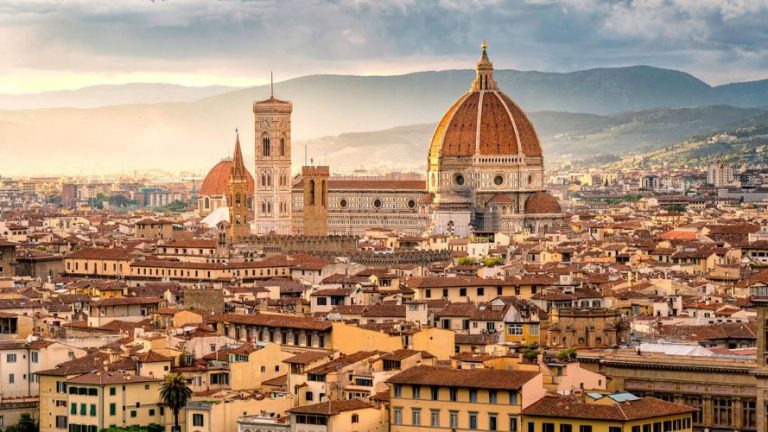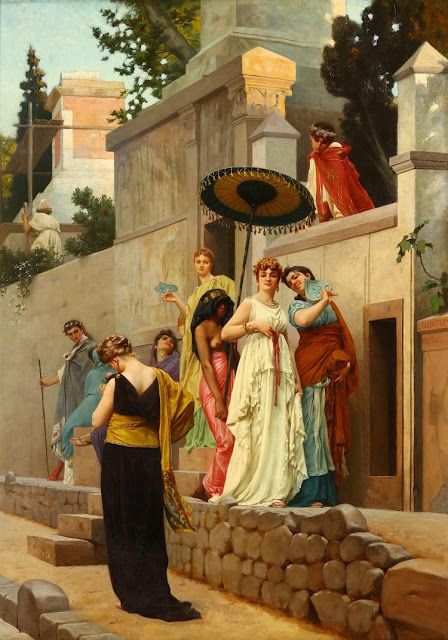
The Renaissance not only transformed European society but also laid the groundwork for the modern world
SHOUKAT LOHAR
The Renaissance, which spanned from the 14th to the 17th century, was a transformative period in European history. The term “Renaissance” derives from the French word meaning “rebirth,” signifying the revival of classical knowledge, art, and culture. This era marked a shift from the medieval mindset to a renewed focus on humanism, scientific inquiry, and artistic expression. In this article, we will explore the key aspects, notable figures, and lasting impact of the Renaissance in Europe.
Intellectual and Cultural Context
The Renaissance emerged in Italy, particularly in Florence, due to its strategic location as a center of trade and commerce, which facilitated the exchange of ideas and the rediscovery of ancient texts. The fall of Constantinople in 1453 also played a significant role, as it led to an influx of Greek scholars and manuscripts into Europe, sparking intellectual curiosity.
Humanism and Individualism
The Renaissance emphasized human potential and individualism. Humanist scholars focused on the study of classical literature, philosophy, and languages, such as Latin and Greek. They sought to reconcile ancient wisdom with Christian teachings and emphasized the importance of human dignity, reason, and free will. Prominent humanists like Petrarch and Erasmus promoted education as a means of personal growth and intellectual enlightenment.

Artistic Achievements
The Renaissance witnessed a remarkable explosion of artistic creativity. Artists sought to depict the world more realistically, employing techniques such as perspective, chiaroscuro (light and shadow), and anatomical accuracy. Leonardo da Vinci, a quintessential Renaissance figure, epitomized the era’s multidisciplinary approach, excelling in painting, sculpture, anatomy, and engineering. Other renowned artists include Michelangelo, Raphael, and Donatello. Their works showcased a newfound appreciation for beauty, harmony, and the human form.
Scientific Revolution
The Renaissance also marked the advent of the Scientific Revolution, as scholars began challenging traditional beliefs and relying on empirical evidence and observation. Nicolaus Copernicus proposed a heliocentric model of the universe, Galileo Galilei made groundbreaking astronomical observations, and Johannes Kepler formulated laws of planetary motion. These advancements laid the foundation for modern science and led to a profound shift in humanity’s understanding of the natural world.
Printing Press and the Spread of Ideas
The invention of the printing press by Johannes Gutenberg in the mid-15th century revolutionized the dissemination of knowledge. Books became more accessible, leading to increased literacy rates and the widespread circulation of ideas. This facilitated the spread of Renaissance ideals across Europe, fueling intellectual discussions and inspiring further intellectual and artistic pursuits.
Legacy and Impact
The Renaissance left an indelible mark on European society and beyond. It challenged the authority of the Catholic Church, paving the way for the Protestant Reformation. It also led to a greater emphasis on secularism, individualism, and human rights. The Renaissance’s legacy can be seen in the works of subsequent generations of artists, philosophers, and scientists who built upon its foundations.
Conclusion
The Renaissance in Europe was a period of extraordinary intellectual, artistic, and scientific achievements. It represents a profound shift from the medieval worldview to one that embraced humanism, individualism, scientific inquiry, and artistic expression. The Renaissance not only transformed European society but also laid the groundwork for the modern world. Its legacy continues to inspire and shape our understanding about central place of man in this world.
____________
 Shoukat Lohar is Assistant professor in English at Mehran University of Engineering and Technology Jamshoro. He can be reached at Shoukat.ali@faculty.muet.edu.pk
Shoukat Lohar is Assistant professor in English at Mehran University of Engineering and Technology Jamshoro. He can be reached at Shoukat.ali@faculty.muet.edu.pk